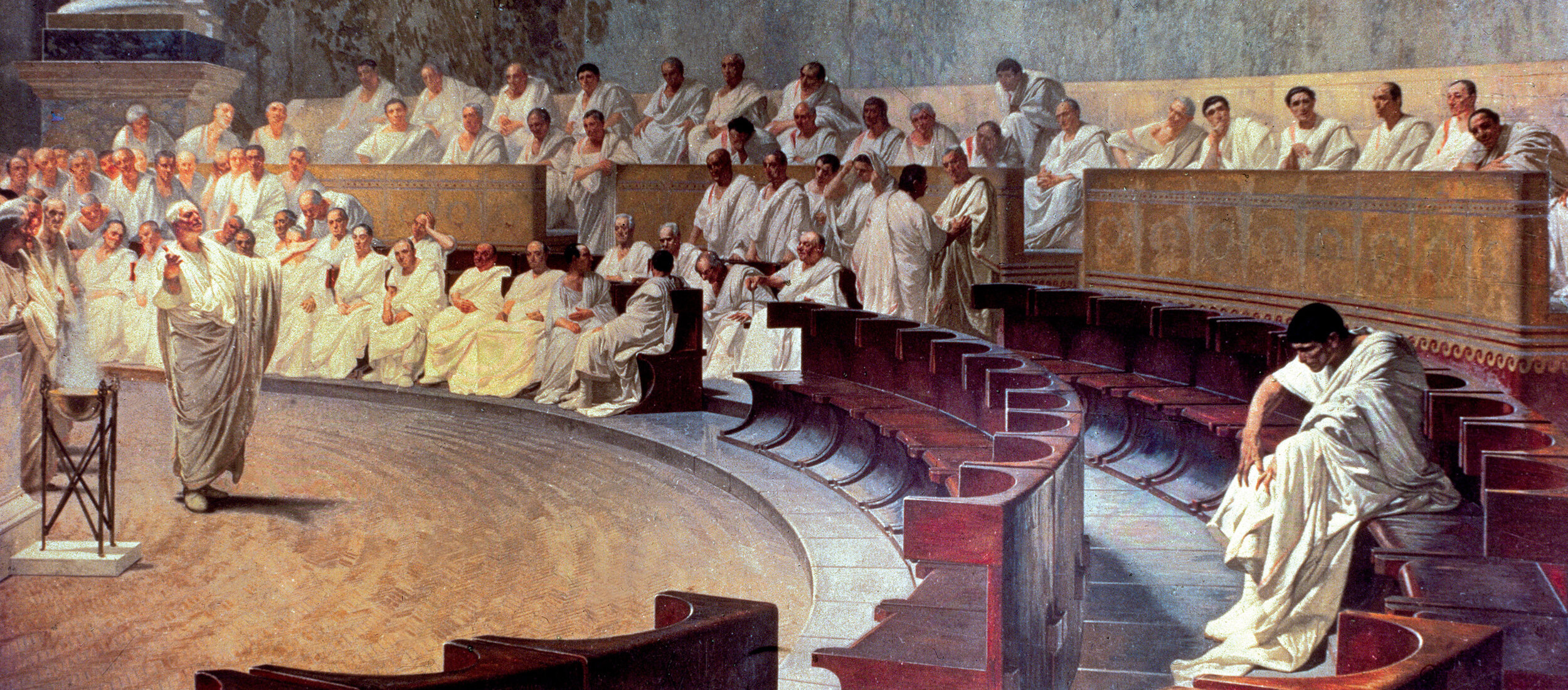In Downton Abbey fashion, some characters misstep in trying to make things easier and further complicate matters. Lady Mary (Michelle Dockery) asks her old favorite Mr. Carson (Jim Carter) to come out of retirement (a last minute development in the finale of the series) to act as butler just for the royal visit, an insult to Thomas Barrow (Robert James-Collier), who is clearly proud of his new position as butler and, apparently, handling himself well. Furthermore, interpersonal drama looms as the Dowager Countess (Maggie Smith) learns that an estranged cousin (Imelda Staunton) whom she believes is scheming to cheat the Grantham family out of an estate rightfully theirs will be returning as one of the queen’s ladies in waiting.
And there’s much, much more, including subplots about a handsome young plumber who flirts a smidge too much with Daisy (Sophie McShera), provoking jealousy in her intended, Andy (Michael Fox); the prying and questioning of a mysterious army officer (Stephen Campbell Moore); and the embarassing eagerness of Mr. Molesley (Kevin Doyle) to return to staff just long enough to wait on the king and queen; and of course the inevitable secrets that every character refuses to divulge until things have gotten very complicated indeed.
It’s a lot of fun, and while a few of the subplots show off a little too clearly the soap opera that’s always been a part of Downton Abbey’s DNA—for instance, one involving the identity of a mysterious lady’s maid who also immediately turns into a love interest—some of the subplots are very funny. Perennial sad sack Mr. Molesely gets some especially British cringe humor at one crucial moment of the film.
The entire cast is excellent, especially considering that with well over thirty speaking roles in multiple intersecting plotlines and only two hours to work with, each performer had to make an impression with a very small amount of screentime. In fact I find it hard to say who the star of the film is, but the meatiest parts belong to Tom Branson (Allen Leech), erstwhile Irish socialist chauffeur, for whom the film seems to be trying to find a love interest, and to the great Maggie Smith as the Dowager Countess, who invests her small slice of the plot with a sense of long history and hurt and, in the end, enormous pathos.
The film left a number of its many subplots underdeveloped or too little explored. An Irish Republican plot against the king doesn't get quite enough time to breath, and neither do a few following incidents involving Tom Branson, though they do have a nice payoff at the end. Similarly, an very important subplot involving the Dowager Countess only plays out secondhand, like events happening offstage in a Greek drama. By contrast, the most noteworthy and time consuming subplot involves Thomas Barrow taking a first trip into the gay underbelly of York, a subplot that reminds us how Barrow's issues have usually served as the vehicle for the show's most anachronistic and pandering messages. A little less time on this and a little more to set up—to choose one thing—the Dowager Countess's big revelation at the end of the film would have been a better use of screentime and felt a little less cloying.
But those are minor complaints. What needs to work works. The rivalry between Downton Abbey's staff and the royal staff is fun and has some delightful moments and all of the plot threads are nicely woven together and intertwined. Almost everyone has a moment or two. A favorite of mine: After Barrow has angrily stormed out of an interview with Lord Grantham, Lady Mary, and Mr. Carson in which he learns he’s being temporarily replaced, Lord Grantham chooses to ignore his insubordination with: “I never thought of him as a man of principle before.” And of course the Dowager Countess gets a heaping share of zingers, including “I never argue. I explain.” My wife noted that the film couldn't have been more carefully calculated to satisfy lovers of the show. I think she's right.
I thought a few times that the film could have used a little more substance. I had just recently watched Gosford Park, screenwriter Julian Fellowes’s first foray into this kind of storytelling (Downton Abbey was apparently originally intended as a spinoff) and marveled at the dramatic potential in a story with that many plots and side stories and such a huge cast. Compared with Gosford Park, Downton Abbey didn’t seem especially weighty.
But I realized that one of the things I most liked about Downton Abbey the film was its relatively low stakes. Royalty and status aside, the plot boils down to We’re having guests over for dinner. And after almost twenty years of the whole world threatened by rings of power or Decepticons or Sith lords or—especially—Infinity Stones, this was a refreshingly human-sized story. This has been the strength of Downton Abbey all along—its human proportions have allowed for delicate interplays of deference, respect, courtesy, and decency that remind us of what it means to live among others and connected to others. In a movie like this, not hurting the grocer’s feelings offers more personal meaning than any number of sci-fi MacGuffins and CGI battle scenes. I can’t tell you how much I enjoyed that change of pace.
So definitely check out Downton Abbey, especially if you are at least passingly familiar with the show or simply want to a pay a visit in which your relationships with other people matter.


















